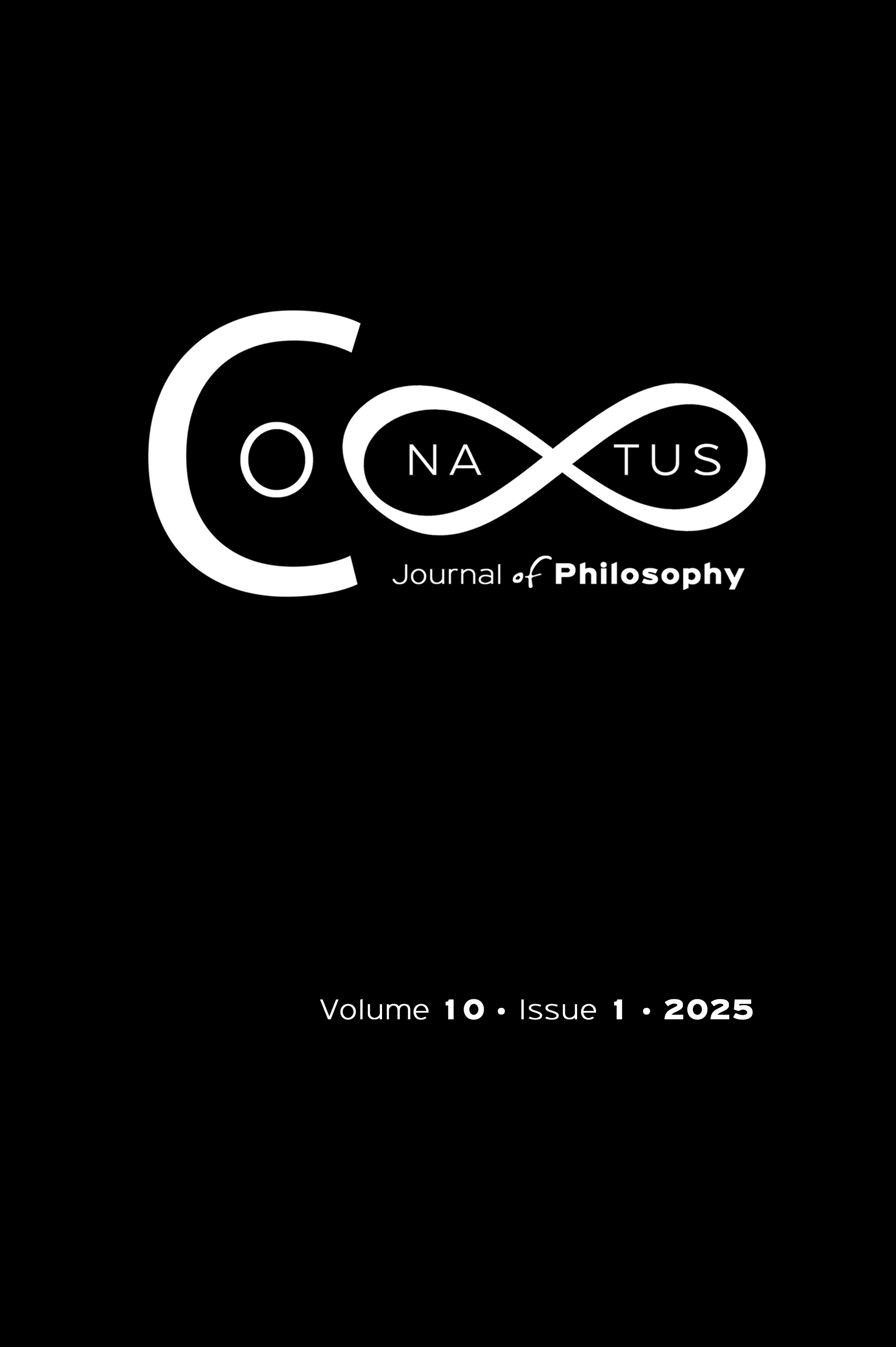Objective Foundations of Ethics and Prospects for Its Development: Information and Communication Approach

Abstract
The paper considers the objective foundations of ethics as a system providing self-regulation of society. An information and communication approach to the study of the laws of the formation of ethical norms and the interpretation of ethics as a specific transpersonal information structure is proposed. It is shown that the ethical system can be analyzed on the basis of a neural network model of society, which proves the possibility of the emergence of transpersonal information objects of various types, including those responsible for the functioning of ethics. Moreover, the thesis is put forward and substantiated that human evolution will take place in the direction of the formation of ethics as a third signaling system. There are no other regulators of socio-natural human behavior. In this direction, humanity will need to reach the level of macrocivilizational subjects and later to the level of self-identification as a human civilization with a single ethical system or coordinated at the level of intercivilizational integration.
Article Details
- How to Cite
-
Gabrielyan, O., & Suleimenov, I. (2025). Objective Foundations of Ethics and Prospects for Its Development: Information and Communication Approach. Conatus - Journal of Philosophy, 10(1), 111–125. https://doi.org/10.12681/cjp.33973
- Section
- Articles

This work is licensed under a Creative Commons Attribution-NonCommercial 4.0 International License.
Authors who publish with this journal agree to the following terms:
Authors retain copyright and grant the journal right of first publication with the work simultaneously licensed under a Creative Commons Attribution Non-Commercial International License (CC BY-NC 4.0) that allows others to share the work with an acknowledgement of the work's authorship and initial publication in this journal.
Authors are able to enter into separate, additional contractual arrangements for the non-exclusive distribution of the journal's published version of the work (e.g. post it to an institutional repository or publish it in a book), with an acknowledgement of its initial publication in this journal.
Authors are permitted and encouraged to post their work online (preferably in institutional repositories or on their website) prior to and during the submission process, as it can lead to productive exchanges, as well as earlier and greater citation of published work.





